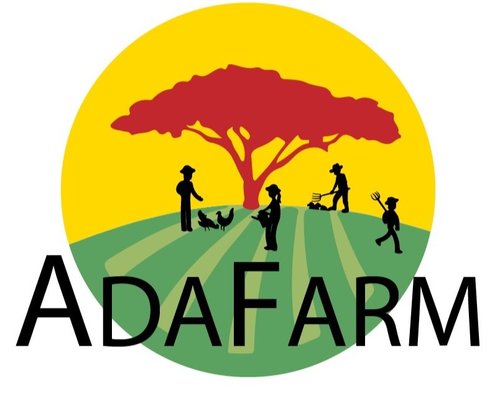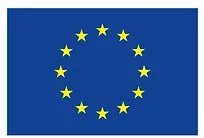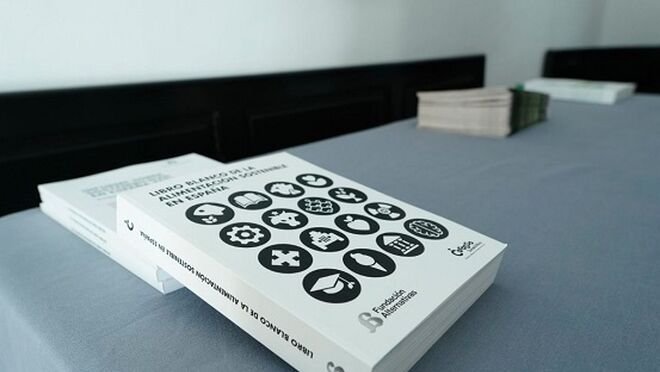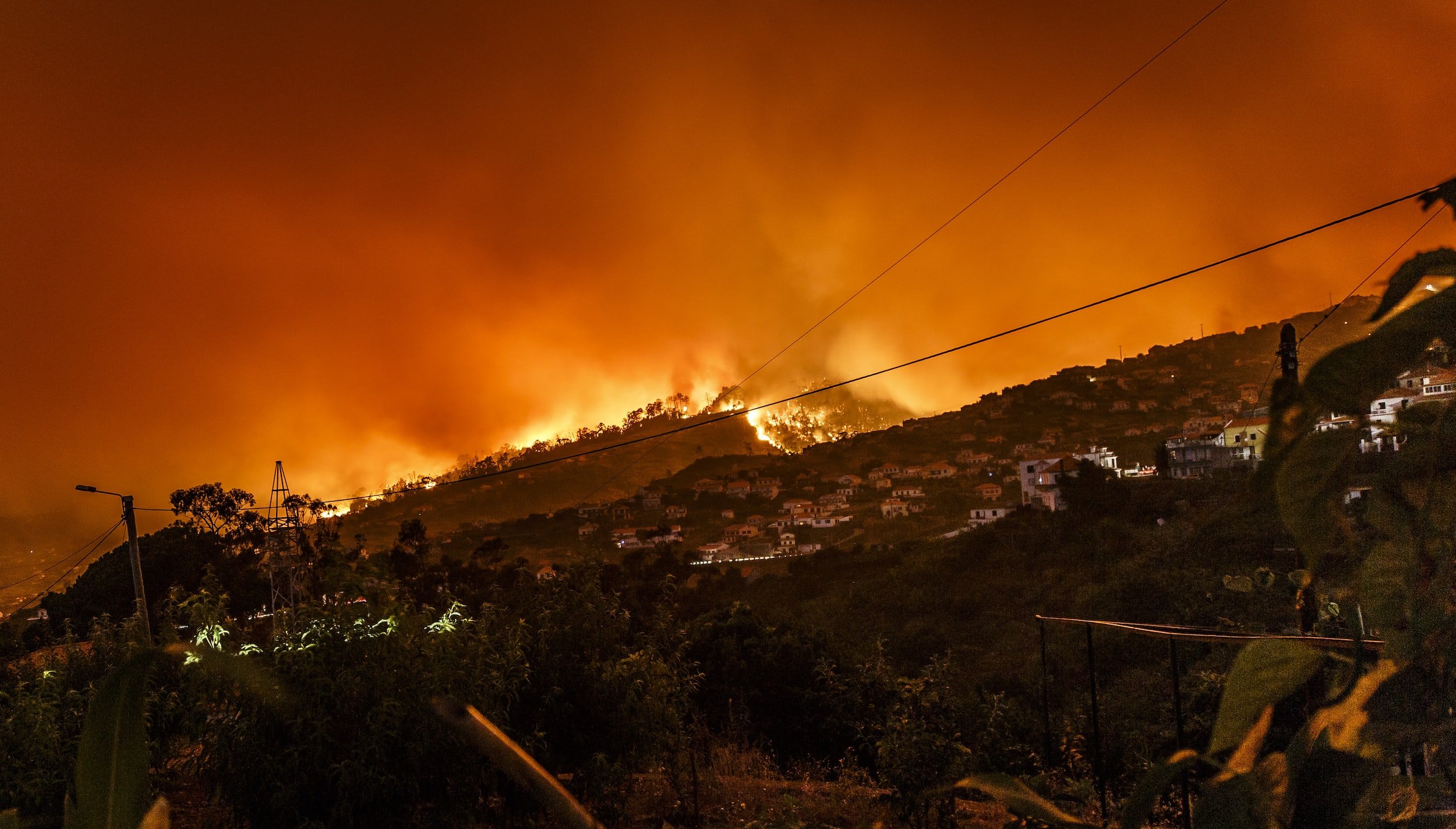
Nature for Catchment Launchramp
Stimulate public sector investment and implementation of nature-based solutions (NBS) for freshwater flood risk management.

European Commission - Acción Marie Skłodowska-Curie
Sustainable agriculture
Universities of Edinburgh (UK), Eduardo Mondlane (Mozambique) and Autónoma de Madrid (Spain) and NGOs: Mozambique Sur, Bosque y Comunidad
Finished in September 2020
Farming families in countries such as Mozambique are among the most vulnerable to climate change. Mozambique is the 10th country with the lowest Human Development Index in 2018 according to the UN. When a drought or flood comes, families find themselves in crisis situations and the government does not have the capacity to provide them with adequate protection.
Research and projects are underway to study what farming practices can be changed to improve farmers’ adaptation to climate change, both in Europe and Africa. What has not been studied as much are the potential difficulties that may be encountered when trying to spread these new practices among the population. Factors that can influence this are both family-level aspects (gender, education, participation in associations, etc.), institutional aspects (the functioning of local and regional governments, etc.), and the available infrastructure (roads, buildings, schools, health posts, etc.).
Analysis of sustainable climate change adaptation options for smallholder farmers in sub-Saharan Africa. In line with the SDGs, these strategies would be economically efficient, environmentally sustainable and socially equitable.
On the other hand, it is important to transfer and scale up the project to other regions in order to develop adaptation strategies to improve the resilience of smallholder farmers to climate change.
The project has provided cutting-edge knowledge to help develop climate change adaptation strategies by governments and other interested organisations, and ultimately contribute to improving the lives of smallholder farmers.
Farming families in countries such as Mozambique are among the most vulnerable to climate change. Mozambique is the 10th country with the lowest Human Development Index in 2018 according to the UN. When a drought or flood comes, families find themselves in crisis situations and the government does not have the capacity to provide them with adequate protection.
Research and projects are underway to study which agricultural practices can be changed to improve adaptation to climate change. of farmers, both in Europe and Africa. What has not been studied as much are the potential difficulties that may be encountered when trying to spread these new practices among the population. Factors that can influence this are both family level aspects (gender, education, participation in associations, etc.), institutional aspects (the functioning of local and regional governments, etc.), and the available infrastructure (roads, buildings, schools, health posts, etc.).
Analysis of sustainable climate change adaptation options for smallholder farmers in sub-Saharan Africa. In line with the SDGs, these strategies would be economically efficient, environmentally sustainable and socially equitable.
On the other hand, it is important to transfer and scale up the project to other regions in order to develop adaptation strategies to improve the resilience of smallholder farmers to climate change.
The project has provided cutting-edge knowledge to help develop climate change adaptation strategies by governments and other interested organisations, and ultimately contribute to improving the lives of smallholder farmers.

European Commission - Acción Marie Skłodowska-Curie
Sustainable agriculture
Universities of Edinburgh (UK), Eduardo Mondlane (Mozambique) and Autónoma de Madrid (Spain) and NGOs: Mozambique Sur, Bosque y Comunidad
Finished in September 2020
Visit to the farmers of the NGO project HELPCODE
Testimonial Woman activist_Project ADAFARM


Stimulate public sector investment and implementation of nature-based solutions (NBS) for freshwater flood risk management.

Coordination of the creation and drafting process of the White Paper on Sustainable Food in Spain.

Climate resilient regions through systemic solutions and innovations.
Contribute to fostering the sustainability and growth of the innovation ecosystem.